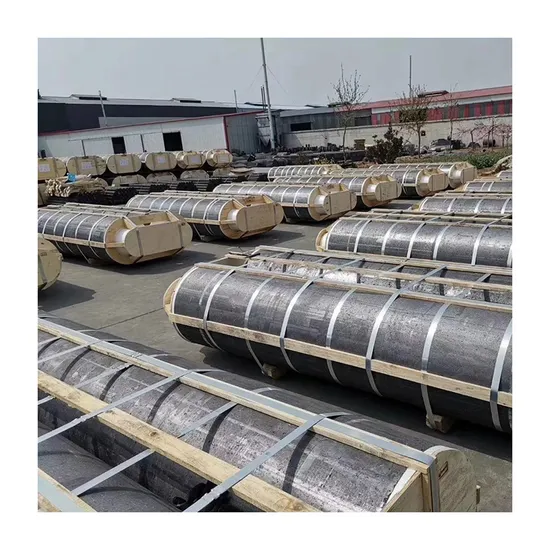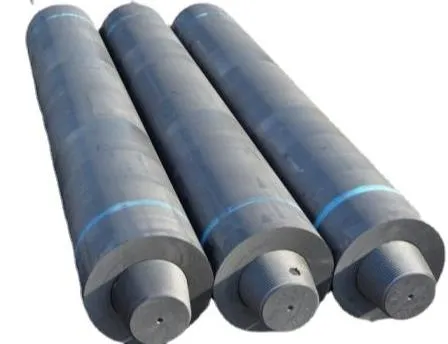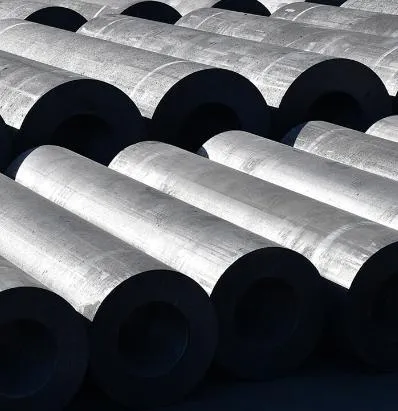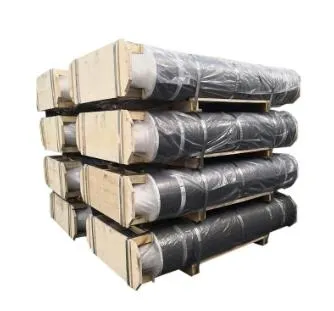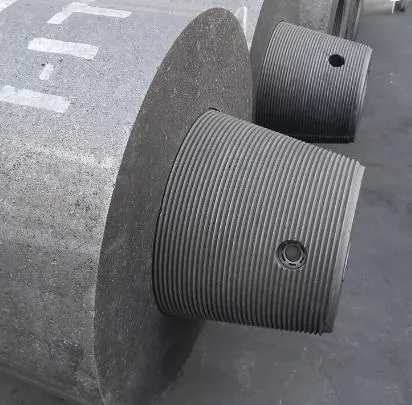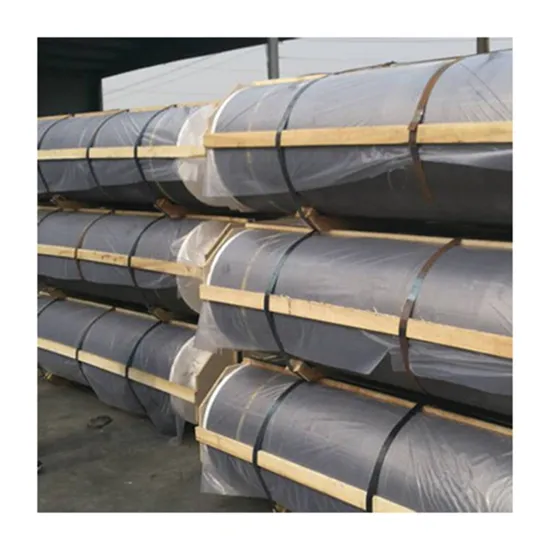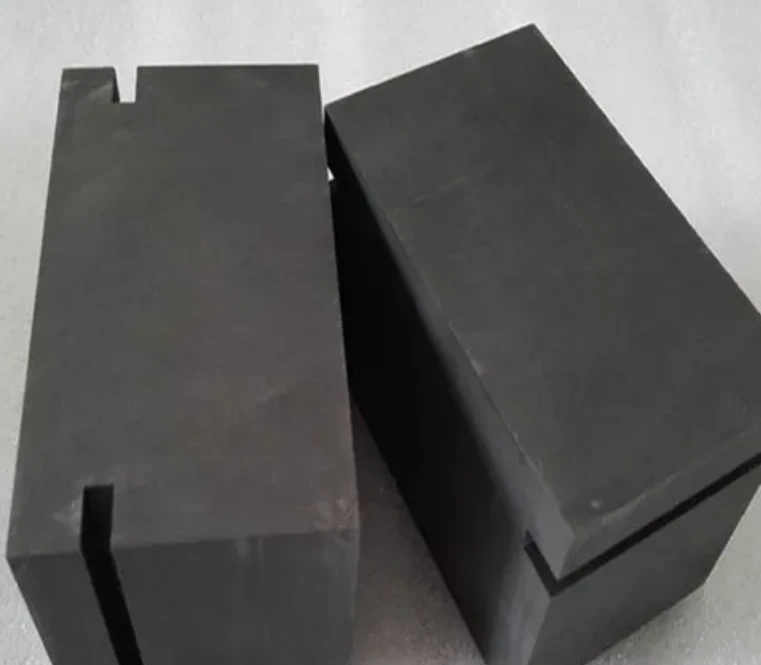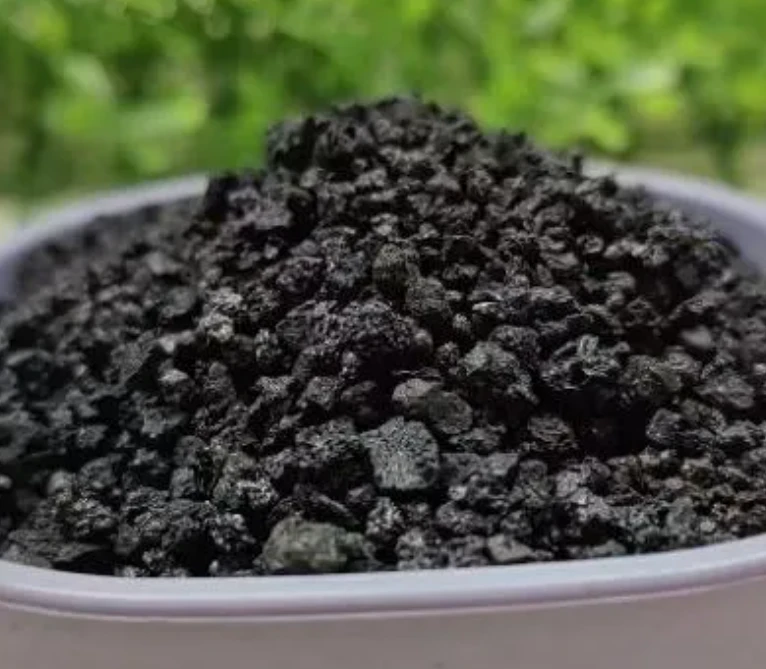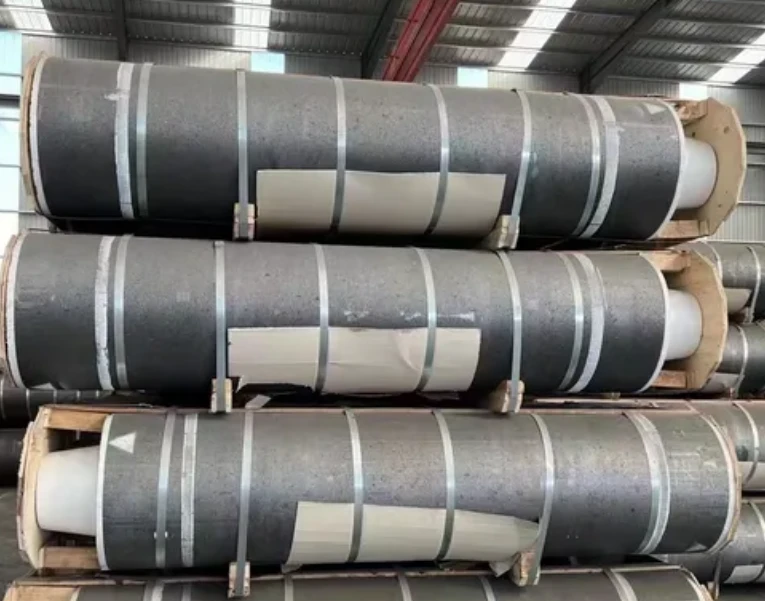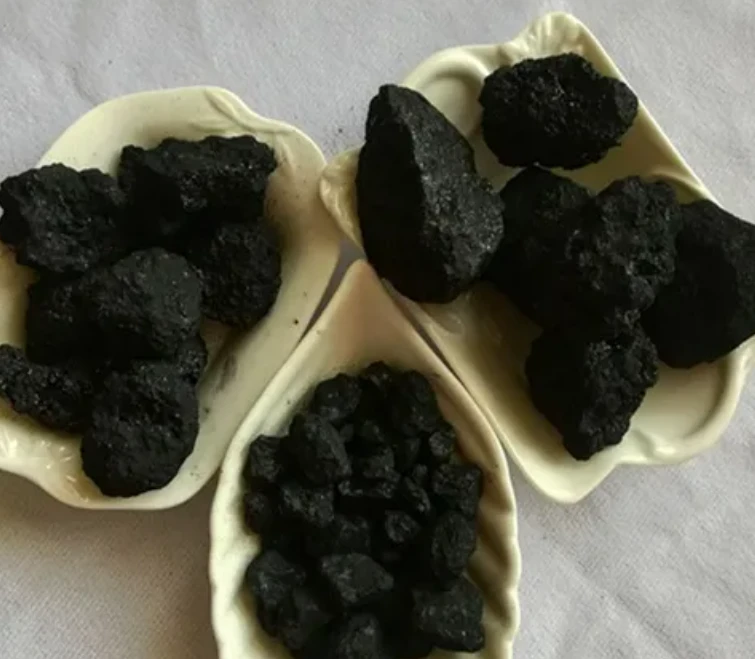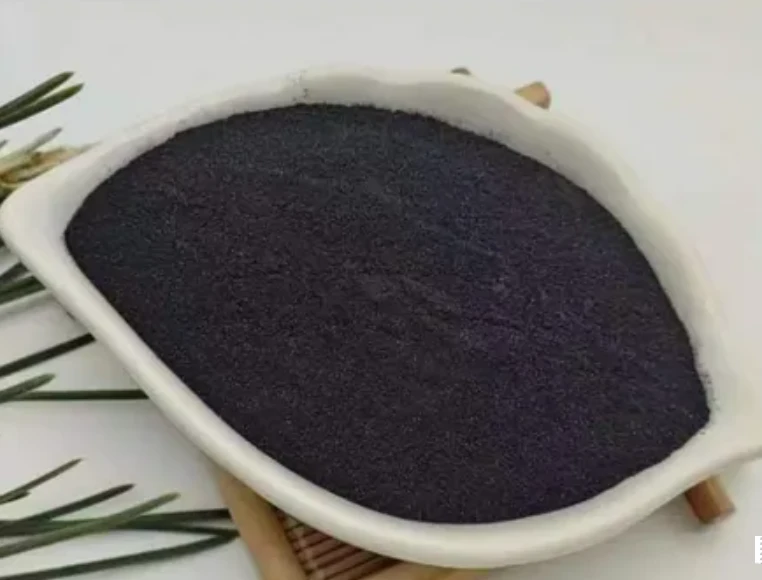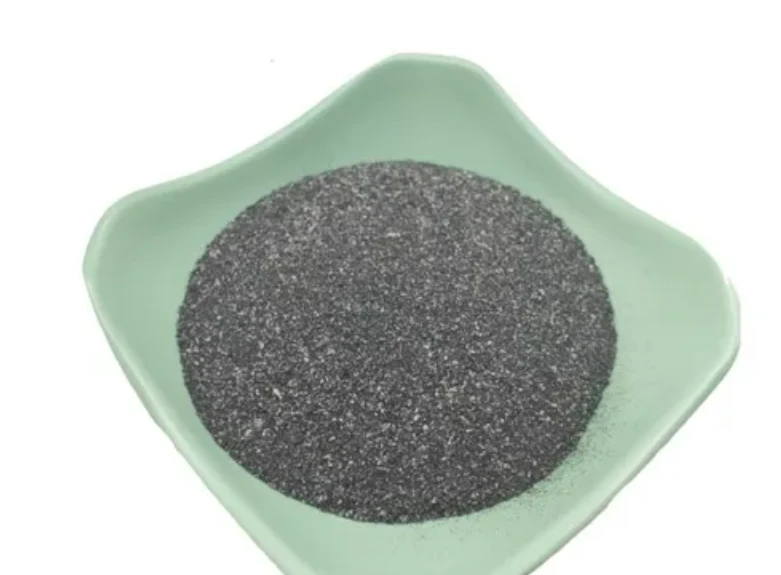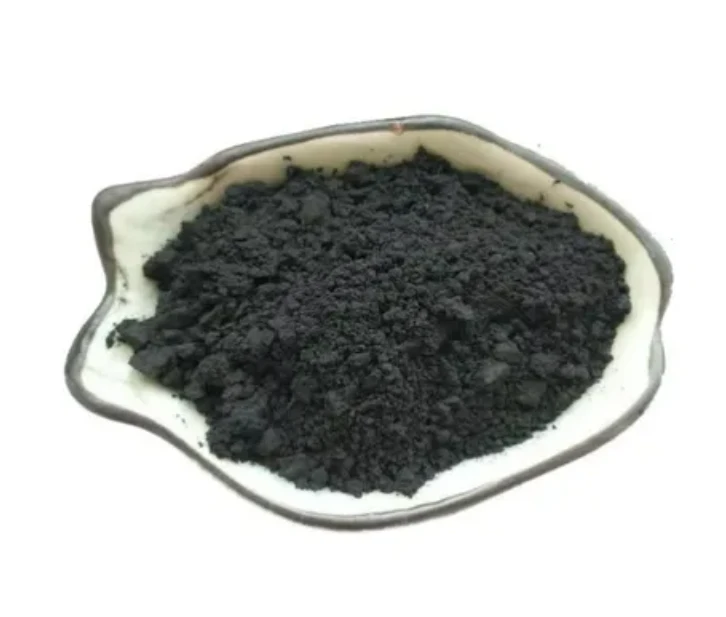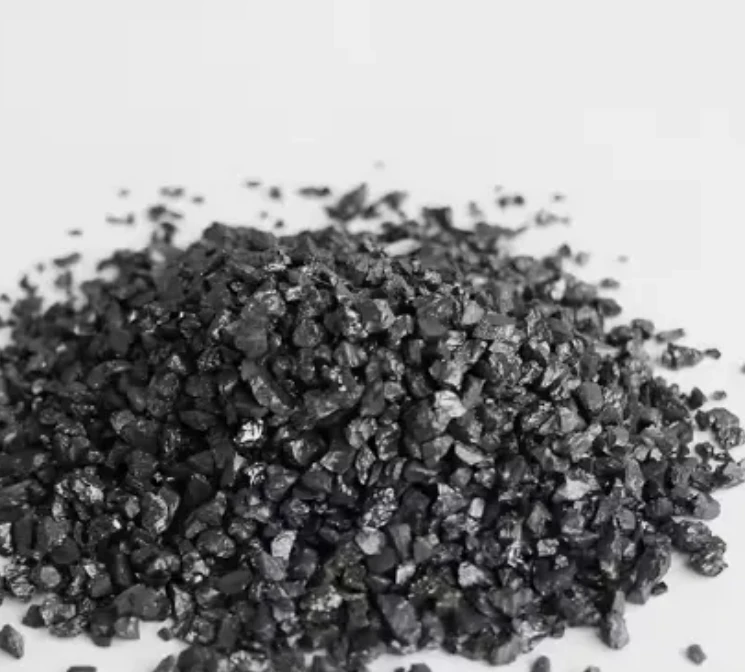- Englist



- Introduction to calcining coke
and its significance in industrial applications - Technical processes and advancements in calcining coke production
- Leading pet coke manufacturers comparison and market analysis
- Customizable specifications and solutions for diverse industrial needs
- Petroleum coke applications and their impact on various sectors
- Case studies highlighting pet coke gasification and use in real-world scenarios
- Conclusion: The evolving landscape of calcining coke and future perspectives

(calcining coke)
Understanding Calcining Coke: Industrial Significance and Global Demand
Calcining coke, derived from petroleum refining, plays an integral role in metallurgical, chemical, and energy industries worldwide. Its high carbon content and structural integrity make it indispensable in aluminum smelting, steel production, and electrode manufacturing. According to the International Energy Agency, the annual global production of calcined petroleum coke exceeded 30 million metric tons in 2022, underlining its undeniable significance and expansive application spectrum.
The process of calcining converts green petroleum coke into a denser, more robust material by subjecting it to elevated temperatures (1200-1400°C). This transformation optimizes its physical and chemical properties, including electrical conductivity and sulfur content. As a result, industries requiring reliable raw materials for anodes and carbon products have increasingly prioritized high-grade calcining coke for its superior performance metrics and supply consistency.
Technical Processes and Advancements in Calcining Coke Production
The backbone of producing premium calcining coke lies in advanced thermal treatment technologies. Rotary kilns and shaft calciners are the principal apparatuses used to elevate temperature and induce structural changes. Recent advancements have enhanced operational efficiency: for instance, modern shaft kilns now achieve energy consumption rates as low as 3200 MJ per ton, compared to traditional rotary kilns requiring greater than 4100 MJ per ton.
In parallel, emissions controls have become pivotal. Low-volatile feedstocks and enhanced off-gas scrubbing systems dramatically reduce SO2 emissions, aligning with tightening environmental regulations. Resultant calcined coke features improved real density (1.99 – 2.02 g/cm³) and minimized sulfur content (<0.5%)—qualities crucial for industries targeting product reproducibility and high-purity applications.
Additionally, digitalization and process automation now facilitate real-time monitoring of critical control points. This enables manufacturers to dynamically adjust parameters, ensuring uniformity in end-product quality and significantly decreasing batch variability.
Pet Coke Manufacturers Comparison and Market Analysis
Selecting an optimal pet coke supplier has a direct impact on industrial process reliability and final product integrity. Differences in production process, feedstock quality, and after-sales support set manufacturers apart. The table below provides a comparative analysis of leading global pet coke manufacturers, based on data for 2023:
| Manufacturer | Annual Capacity (MT) | Typical Sulfur (%) | Volatile Matter (%) | Primary Markets | Certifications |
|---|---|---|---|---|---|
| Rain Carbon | 2,700,000 | 0.6 – 1.2 | <0.8 | Aluminum, Steel | ISO 9001, ISO 14001 |
| Oxbow Calcining | 2,350,000 | 1.1 – 2.0 | 1.0 – 1.8 | Electrodes, Cement | ISO 9001 |
| Phillips 66 | 1,600,000 | 0.7 – 1.7 | <1.0 | Electrodes, Aluminum | ISO 9001, ISO 45001 |
| Indian Oil Corp | 1,100,000 | 0.5 – 1.0 | 1.2 – 2.0 | Domestic Steel, Cement | ISO 9001 |
From the data, Rain Carbon leads in capacity and exports the broadest range of specification-compliant products to the aluminum and steel sectors. Meanwhile, Indian Oil Corp exhibits competitive sulfur content ratios suitable for domestic industries. Certifications such as ISO 9001 remain standard among top players, underscoring commitments to consistent quality and process optimization.
Customizable Specifications: Tailoring Calcined Coke to Industrial Needs
One of the decisive advantages in sourcing calcined petroleum coke is the capacity for customization. Applications across electro-metallurgy, foundry operations, and chemical synthesis often demand tailored coke with well-defined sulfur, volatile matter, and metal impurity specifications.
Manufacturers now offer a range of custom blends and particle sizes (from 0.5 mm up to 8 mm), delivering optimized resistance and reactivity indices. For instance, aluminum smelting operations may require coke with real density >2.00 g/cm³ and sulfur content <0.7%, while graphite electrode producers opt for even lower ash levels (<0.3%) and minimized trace metals.
State-of-the-art testing laboratories support these custom orders through laser-diffraction particle sizing and wet chemistry for metal determination, ensuring that delivered products align reliably with customer-specific requirements. This has enabled downstream users to enhance operational efficiency, reduce pre-processing steps, and ultimately contain input costs.
Industrial Applications: Petroleum Coke Uses in Diverse Sectors
Petroleum coke’s versatility underlies its ubiquity across industries. The most prominent application remains as anode material in primary aluminum production, where calcined coke’s unique electrical conductivity and porosity are indispensable. Industry statistics reveal that over 76% of calcined coke produced globally in 2022 was utilized in the aluminum sector.
In addition to electrodes, petroleum coke serves as a carbon source in steelmaking, a fuel in cement kilns, and as a feedstock for specialty chemicals. Modern power generation is gradually adopting pet coke blends for utility boilers, capitalizing on its high calorific value (up to 8,200 kcal/kg) and relatively low cost. Notably, blend optimization allows for reduced greenhouse gas emissions by displacing coal, contributing to cleaner combustion profiles.
Pet coke's adaptability extends to the production of titanium dioxide, fertilizers, and even in gasification—providing synthesis gas (syngas) for downstream chemical manufacturing. These diverse uses underline its strategic importance to industrial value chains and highlight the imperative of supply security from reliable pet coke manufacturers.
Case Studies: Pet Coke Gasification and Real-World Deployment
The gasification of pet coke marks a significant stride in maximizing resource efficiency and environmental stewardship. Commercial-scale projects have demonstrated both the technical feasibility and economic attractiveness of this approach. For instance, the Yulin Energy Corporation in China commissioned a pet coke gasification plant processing 1.8 million tons per year, supplying syngas for methanol and ammonia synthesis.
A similar project in the United States showcased an 85% overall conversion efficiency, contributing to a 30% reduction in CO2 emissions compared to conventional coal-based synthesis gas plants. Enhanced process integration—combining heat recovery and pollutant scrubbing systems—drives down both operational costs and environmental footprints.
In India, integrated steel plants have piloted pet coke gasifiers to supplement blast furnace operations, realizing fuel flexibility and cost savings of up to $10 per ton of hot metal produced. These case studies illustrate the broadening role of pet coke as a feedstock beyond traditional combustion, emphasizing the need for continuous innovation in plant design and process optimization.
The Future of Calcining Coke: Trends, Opportunities, and Sustainable Growth
As global industrial demands evolve, calcining coke continues to adapt, delivering enhanced performance, sustainability, and economic efficiency. The transition towards decarbonization is prompting manufacturers to invest in advanced emissions capture and in heat integration technologies, simultaneously shrinking the environmental footprint and production costs. Growing investments in R&D are enabling the development of low-sulfur and ultra-low-metal pet coke grades, expanding their suitability for high-purity applications.
The landscape of pet coke manufacturers remains competitive, fostering innovation through digital process controls and the scaling up of tailor-made solutions. End-users increasingly seek suppliers capable of providing comprehensive quality documentation, sustainable supply chains, and prescriptive technical support.
In summary, the strategic application of calcining coke and its derivative technologies will remain foundational for industrial production globally. With mounting attention on circular economy principles and energy transformation, the sector stands poised for continual evolution—driven by data, technical excellence, and collaborative value creation across the supply chain.
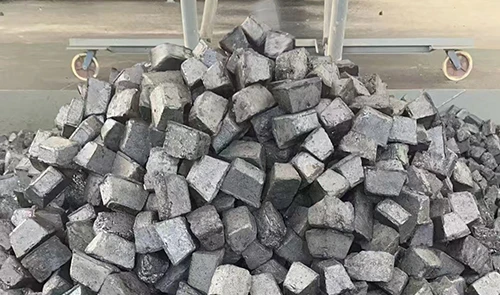
(calcining coke)
FAQS on calcining coke
Q: What is calcining coke?
A: Calcining coke refers to the process of heating raw petroleum coke to remove volatile materials. This enhances its carbon content and physical properties for industrial applications.
Q: Who are the leading pet coke manufacturers?
A: Leading pet coke manufacturers include companies like ExxonMobil, Reliance Industries, and BP. These firms supply pet coke to various industries worldwide.
Q: What are the primary petroleum coke uses?
A: Petroleum coke is mainly used in aluminum production as a carbon source and fuel. It is also utilized in cement and power generation industries.
Q: How does pet coke gasification work?
A: In pet coke gasification, petroleum coke is converted into synthesis gas (syngas) using high-temperature and pressure in the presence of oxygen and steam. This syngas can be used for power generation or as a chemical feedstock.
Q: Why is calcining coke important for industries?
A: Calcining coke improves its purity and conductivity, making it essential for the manufacture of aluminum anodes and steel. It is a critical material in several metallurgical processes.





 Pervious
Pervious
 Next
Next
